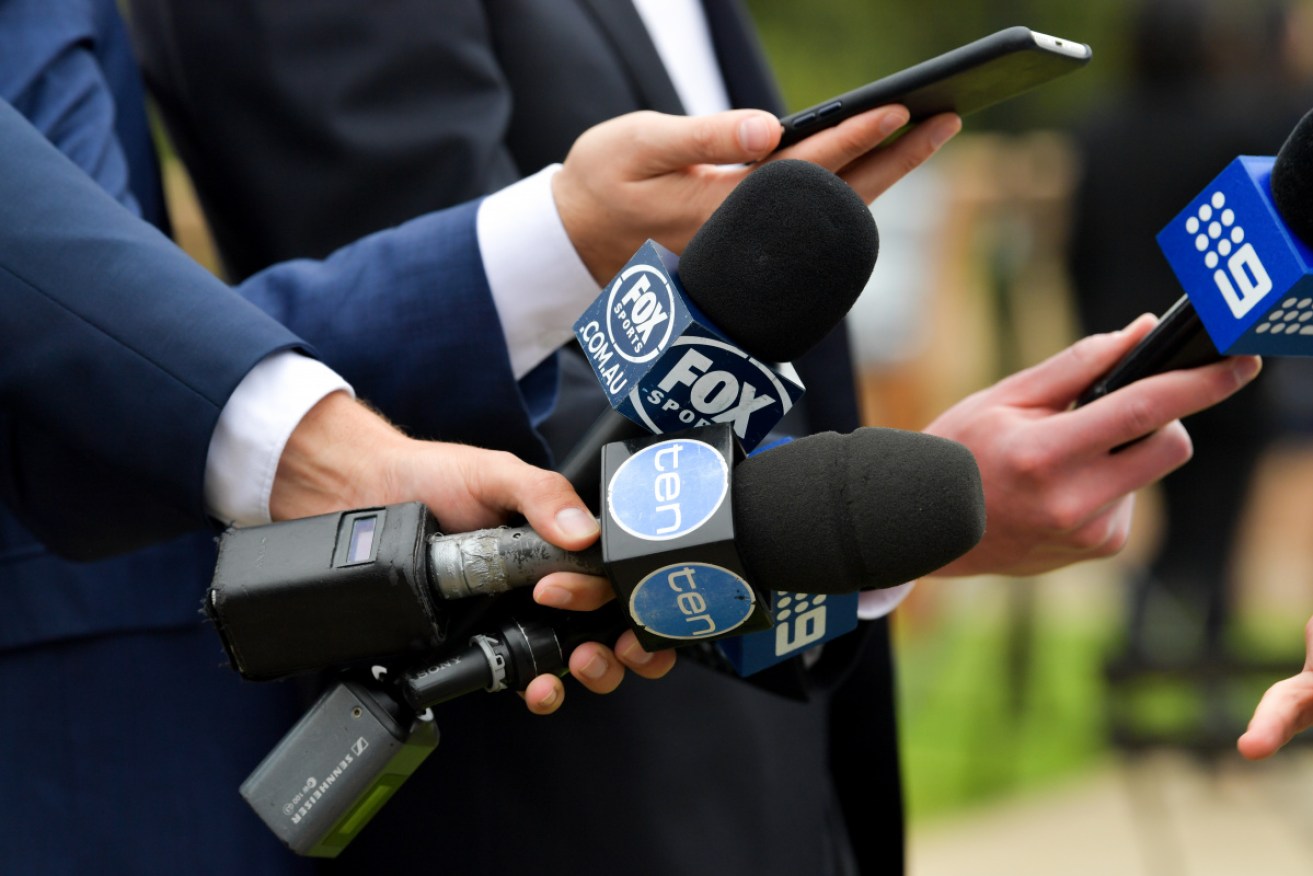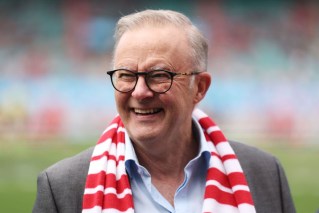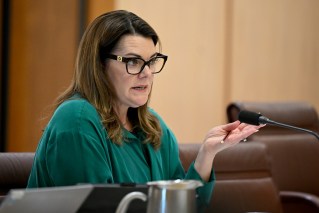Senate passes media bargaining code amid concerns over diversity


Laws requiring digital platforms to pay for the use of journalism have passed the Senate. Photo: Getty
Laws requiring digital platforms to pay for the use of local journalism have passed the Senate amid a swirl of controversy about what this will mean for media diversity in Australia.
The Senate passed the legislation late on Wednesday evening after it sailed through the House of Representatives with support from both major parties last week.
But because the bill was amended in the Senate, the House of Representatives must pass the bill for a second time before it becomes law – something that could happen as early as this week.
The federal government will claim passage of the bill as a major victory in the global fight to rein in tech giants Google and Facebook.
But critics fear the code and its associated deals will worsen the concentration of media ownership in Australia – tilting the scales even further in favour of multibillion-dollar news organisations.
Although information on the deals struck between Google and individual news publishers is scant, it is believed the five major news organisations – News Corporation, Nine Entertainment, Seven West Media, the Australian Broadcasting Corporation, and the Guardian – will receive more than 96 per cent of the $150 million in funding that the tech giant has reportedly offered to cough up.
The rest of the country’s publishers – such as Solstice Media, Motion Publishing (publisher of The New Daily), Junkee Media, Australia Community Media and Private Media, which publishes Crikey, SmartCompany and The Mandarin – will receive less than 4 per cent between them.
Tweet from @brucerguthrie
Private Media owner Eric Beecher, who also chairs Motion Publishing, publisher of The New Daily, said “the grim reality” of the legislation was that it entrenched the advantage of the nation’s largest publishers while doing little to advance the cause of public interest journalism.
“Even though this legislation is specifically created to support public interest journalism, there is no requirement for the funding to be spent on news journalism; it could be paid out in dividends or spent on other parts of the business,” Mr Beecher said.
There’s no accountability.”
Mr Beecher said public interest journalism comprised a “very small component” of the revenues generated by the three biggest recipients of Google’s funding: News Corporation, Nine Entertainment and Seven West Media.

Private Media owner Eric Beecher says the code will make life harder for smaller publishers. Photo: AAP
He said this was in stark contrast to small and regional publishers, which generate almost all of their revenue from journalism.
“The grim reality is that this legislation supports and enshrines the concentration of public interest journalism ownership in the hands of five billion dollar-plus organisations, dwarfing the news publishers who, between them, constitute diversity of Australian media,” Mr Beecher said.
“It arms five enormous organisations with additional funding to dominate and, in some cases, wipe out smaller players.”
The legislation provides a framework for publishers to hash out commercial deals with Facebook and Google for using and linking to their content.
But the government amended the laws this week to placate Facebook after it blocked the sharing and publishing of Australian news on its platform.
The most important of the four amendments means the code may have already teased out all of the concessions it is going to get from Facebook and Google – even though it has yet to become law.
This is because it requires that Treasurer Josh Frydenberg take into account whether a digital platform has “made a significant contribution to the sustainability of the Australian news industry through reaching commercial agreements with news media businesses” before he can specify that the code must apply to it.
In other words: Facebook and Google are only bound by the rules of the code if and when the Treasurer says so.
And given Google has already struck multiple deals with individual news publishers, it’s a big stick that the Treasurer may never choose to use.

Josh Frydenberg made a series of concessions for Mark Zuckerberg. Photo: AAP
Marcus Strom, the president of the Media, Entertainment and Arts Alliance union that represents Australian journalists, said it looked as though we are “going to have a code with no platforms that are responding to it”.
Although some will consider this a moot point if the individual news organisations are happy with the deals they have struck with Google, Mr Strom said it would make it easier for the companies to pocket the money rather than investing in public interest journalism.
This is because the public would have even less oversight over deals struck outside the code.
“But even if it was inside the code, there’s no guarantee [on] where the money would be spent,” Mr Strom said.
Tweet from @strom_m
The head of the media union said the success of the legislation will depend on whether it boosts the number of journalists or number of news publishers in Australia.
“If they go up, then this code is working to a certain extent. It’s not how we would have designed the system, but if those two things go up, then that would be a good thing,” Mr Strom said, describing the code as “an imperfect tool that gets an OK result”.
Mr Strom told The New Daily the federal government should have focused instead on squeezing more tax out of the tech behemoths.
It could have then funnelled the extra revenue into expanding its Public Interest News Gathering Fund, while introducing more generous tax incentives for new media startups and for Australians who subscribe to local news, he said.

Rod Sims says the code has been a “100 per cent success”. Photo: AAP
But Rod Sims, the chair of the Australian Competition and Consumer Commission that designed the code, was unsurprisingly more upbeat about its effect so far.
Giving evidence before the House Economics Committee on Wednesday morning, Mr Sims brushed off suggestions that the code would give a leg up to multibillion-dollar outlets at the expense of smaller publishers, describing the code as a “100 per cent success”.
Asked whether the public should be concerned that 96 per cent of the funds reportedly pledged by Google so far are going to the nation’s largest publishers, Mr Sims said “I don’t think so because I think there’s more deals to be done”.
He later added that it was reasonable to expect smaller publishers would receive less money from the media giants than their larger rivals, as they employed fewer journalists.
But he said the ACCC would keep a close eye on what the money was spent on.
“The expectation is that they’ll get what they should be able to get, if they had the bargaining power to be able to bargain with [the digital] platforms,” he said.
“We would expect that to be proportionate to their size.”








